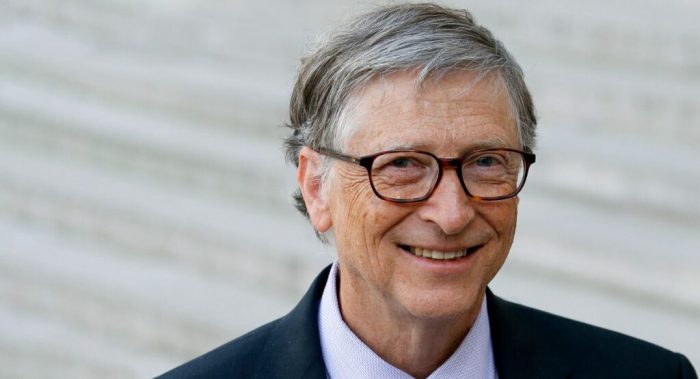After years of climate alarm, Bill Gates now urges a balanced, innovation-driven approach — warning against “doomsday” panic that diverts focus from human welfare and global development.
In a striking change of tone, billionaire philanthropist Bill Gates — once the world’s loudest voice warning of impending climate catastrophe — is now calling for a more pragmatic and optimistic approach to the planet’s future.
In a memo published Tuesday, the Microsoft co-founder and Breakthrough Energy Ventures founder urged world leaders and climate activists to move past the rhetoric of doom, emphasizing that while climate change is a challenge, “people will be able to live and thrive on Earth for the foreseeable future.”
“We should not let apocalyptic thinking dictate global priorities,” Gates wrote. “Doomsday scenarios divert resources from the most effective ways to improve life in a warming world.”
Gates, who has personally invested over $2 billion in green innovation, argued that human welfare and resilience must sit at the heart of climate policy. Instead of pouring every resource into carbon reduction, he urged funding for healthcare, agriculture, and innovation — especially in developing countries, where climate adaptation can save lives far more effectively than alarmism.
The tech mogul’s comments mark a notable departure from his earlier warnings. In 2021, he described climate change as “a threat greater than the pandemic,” urging immediate global action to prevent “mass death and chaos.” Now, his tone has shifted toward measured optimism, highlighting technological breakthroughs as the key to both mitigation and adaptation.
Climate experts are split. Some scientists, including Dr. Daniel Swain of the University of California, blasted Gates’ memo as “a breathtaking misread” of the crisis, warning that underestimating 2–3°C of warming risks devastating outcomes for the world’s poorest. Others, like Rear Admiral (Ret.) Timothy Gallaudet, praised Gates’ pivot as “a return to rationality,” arguing that practical adaptation and innovation are more sustainable than “climate hysteria.”
Ted Nordhaus, founder of the Breakthrough Institute, echoed Gates’ stance: “We’ve always adapted. Humanity thrives across every climate zone on Earth — and we’ll do it again.”
With COP30 set to convene next month in Brazil, Gates’ memo may prove pivotal in reshaping the global dialogue — from fear to focus, and from panic to progress.
“This is our chance,” Gates concluded, “to measure success not just in emissions reduced, but in lives improved.”





